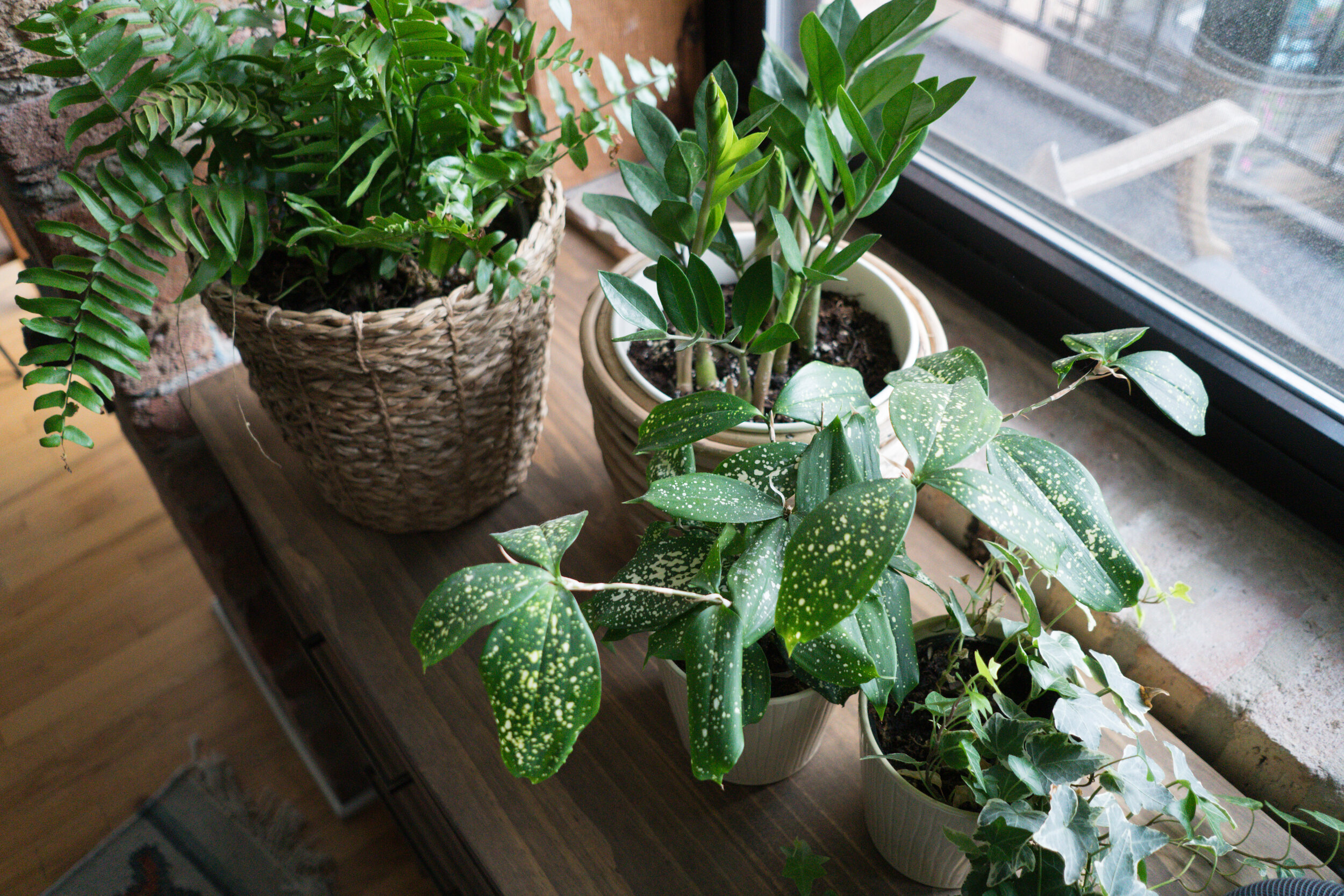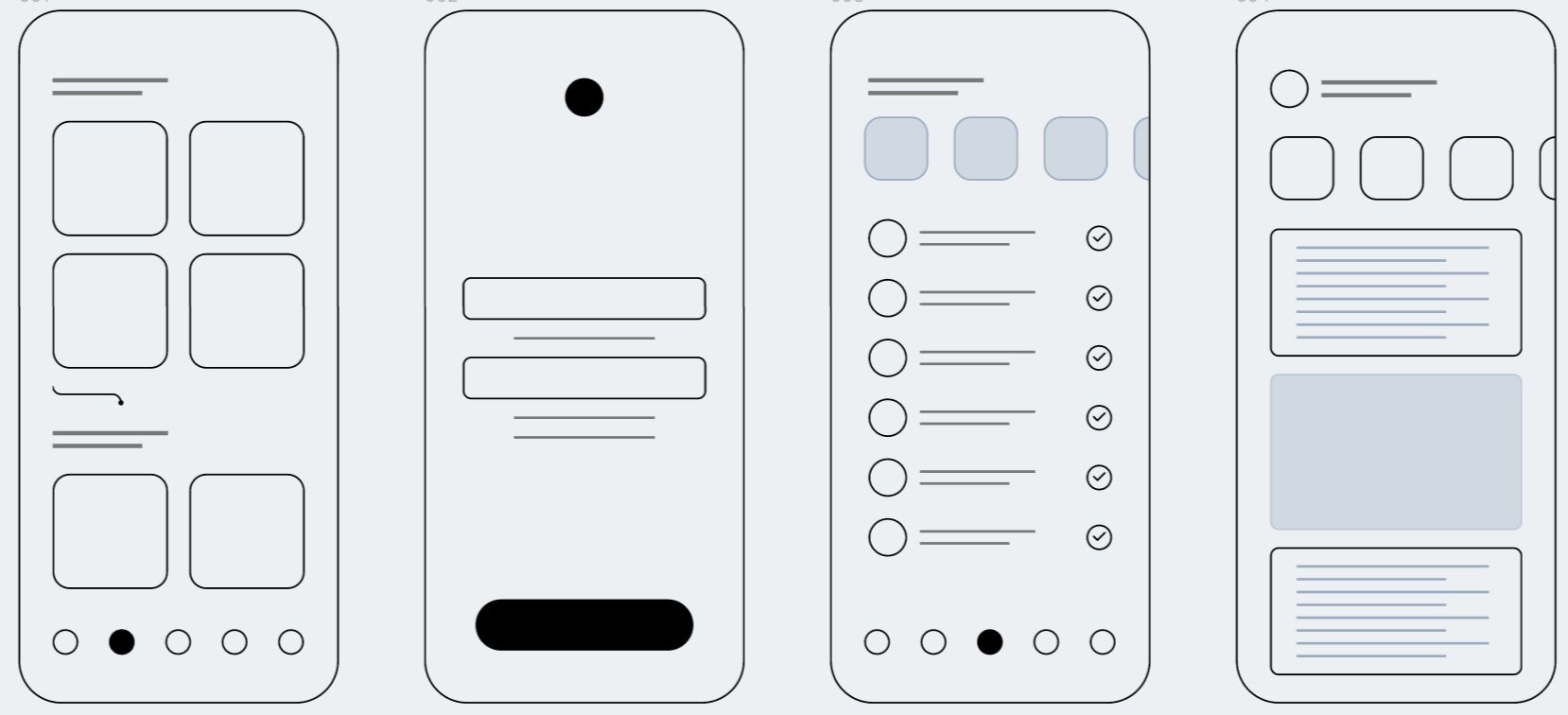Using design and Agile to create a user-facing app to ease the journey of the budding plant enthusiast

Overview
Objective // Manage MVP version of mobile app addressing a user pain point uncovered through ethnographic research
Roles // Scrum Master, product manager, designer
Collaborations // Software development team
Outcome
Situation
As part of one of the more uniquely “designed” classes of my master’s program, my team and I were given a project managing the Agile development of a software application over the course of 5 weeks, with a team of CS master’s students as our workhorses. The ask was to pick any area, use Ethnography to identify current pain points, and convey vision over to the Development team. Each week was designated as a Sprint, with our weekly tasks being to convert our vision into Development Stories and prioritize work accordingly to generate a MVP version that could be demonstrated to the class each week.
Given the Green trend induced by the pandemic, we decided to focus on the Houseplant Maintenance space. Ethnography yielded us the overall direction of assisting users with maintenance, as many complaints centered around the lack of success with keeping plants for extended periods of time.
The requirement for weekly app demonstrations forced us to think from the lens of the MVP - understanding what are core foundational features to focus on first and how these features may evolve into our final vision over subsequent sprints.
PlantGuru is an at-home digital assistant for maintaining greenery in the household. Our overall vision, all of which we proved to be technically feasible, was to enable PlantGuru to:
Ingest a space’s attributes (e.g. type and quantity of light, directional orientation) to recommend a subset of plants suited for the space
Ideally, this would be done through a photo, but given time constraints, we resorted to a quick questionnaire to assess characteristics of the user’s intended spot
Build out maintenance schedule for “favorited” (owned) plants, using data from Smart devices and geolocation to determine humidity, lighting, and living conditions
Serve as a Plant Database, with key information available in a concise, straightforward format

Everyone’s worried about their plants these days.
The pandemic unearthed a number of unexpected trends, with many relegated to the home for the indefinite future. One of the most obvious trend personas that jumped out at us was the plant hobbyist.
Adoption of this persona was easier said than done though.





